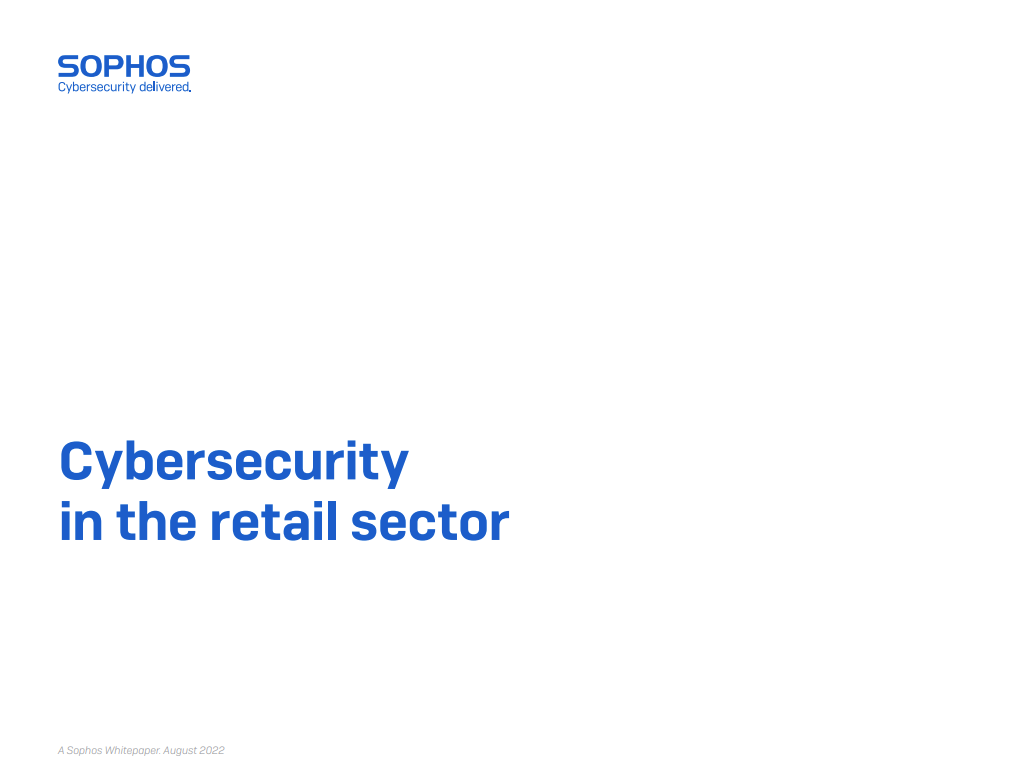19 arrested in Zeus bank fraud bust
The PCeU has arrested 19 on suspicion of using a Zeus Trojan to steal millions from UK banks.


Police Central e-Crime Unit officers have arrested 19 people suspected of being involved in multi-million pound bank account theft.
Thousands of personal computers in the UK have been infected with malicious code, including the infamous Zeus Trojan, also known as Zbot, according to the Metropolitan Police,
Zeus is capable of both stealing passwords and making infected computers become part of a criminal botnet.
By using Zbot, a criminal network was able to acquire login details, compromise online accounts and then move funds from these into "mule" or "drop" accounts controlled by the gang, the authorities believe.
Investigators believe the criminal organisation has stolen money from a number of major world banks, while UK financial institutions had 6 million stolen in just three months.
The overall UK figure is likely to rise significantly as the investigation continues, the Met said.
Arrests were carried out across London, with 15 men and four women taken into custody in a number of police stations across the capital.
Get the ITPro daily newsletter
Sign up today and you will receive a free copy of our Future Focus 2025 report - the leading guidance on AI, cybersecurity and other IT challenges as per 700+ senior executives
During the investigation police worked with the Virtual Task Force, a cyber crime information sharing body consisting of partners from across the financial service industry, universities and other organisations.
"We believe we have disrupted a highly organised criminal network, which has used sophisticated methods to siphon large amounts of cash from many innocent peoples' accounts, causing immense personal anxiety and significant financial harm - which of course banks have had to repay at considerable cost to the economy," said Detective Chief Inspector Terry Wilson, from the PCeU.
Martin Muirhead, chairman of the Virtual Task Force, added: "This is an excellent example of how to bring to bear the resources and expertise of multiple agencies and public / private organisations in the UK. This is pioneering work led by the Metropolitan Police Service."
Dave Jevans, chief executive of IronKey, said that while the arrests are positive, financially-motivated cyber attacks have become more widespread and increasingly targeted at businesses.
"Unfortunately, this is only the tip of the cyber crime iceberg as in the in the past 18 months, the bad guys in the US, Latin America and Europe have realised it is a lot easier to steal 500k from a corporate account in one go than it is to take 1k from 500 consumers," Jevans said.
"And unlike the consumer banking customers who been targeted by the cyber criminals, businesses that have funds stolen aren't insured."
Mel Morris, chief executive of Prevx, was also skeptical of the impact the arrests will make calling the case "a drop in the ocean."
"These criminals' techniques are so advanced that they are able to quickly spot weaknesses in most defences by using centralised intelligence gathered from analysis of the anti-malware development models of traditional vendors to fly under the radar of malware detection," Morris added.
Earlier this year, it emerged the PCeU will not be getting a planned 1 million boost from the Home Office next year.
Questions have been raised in the security industry over whether the police need extra funding to fight cyber crime in the UK.
Tom Brewster is currently an associate editor at Forbes and an award-winning journalist who covers cyber security, surveillance, and privacy. Starting his career at ITPro as a staff writer and working up to a senior staff writer role, Tom has been covering the tech industry for more than ten years and is considered one of the leading journalists in his specialism.
He is a proud alum of the University of Sheffield where he secured an undergraduate degree in English Literature before undertaking a certification from General Assembly in web development.
-
 Should AI PCs be part of your next hardware refresh?
Should AI PCs be part of your next hardware refresh?AI PCs are fast becoming a business staple and a surefire way to future-proof your business
By Bobby Hellard Published
-
 Westcon-Comstor and Vectra AI launch brace of new channel initiatives
Westcon-Comstor and Vectra AI launch brace of new channel initiativesNews Westcon-Comstor and Vectra AI have announced the launch of two new channel growth initiatives focused on the managed security service provider (MSSP) space and AWS Marketplace.
By Daniel Todd Published
-
 96% of SMBs are missing critical cybersecurity skills – here's why
96% of SMBs are missing critical cybersecurity skills – here's whyNews The skills shortage hits SMBs worse as they often suffer from a lack of budget and resources
By George Fitzmaurice Published
-
 Sophos Firewall Virtual review: Affordable network protection for those that like it virtualized
Sophos Firewall Virtual review: Affordable network protection for those that like it virtualizedReviews Extreme network security that's cheaper than a hardware appliance and just as easy to deploy
By Dave Mitchell Published
-
 MSPs are struggling with cyber security skills shortages
MSPs are struggling with cyber security skills shortagesNews A shortage of tools and difficulties keeping pace with solutions were also ranked as key issues for MSPs
By George Fitzmaurice Published
-
 Nearly 70 software vendors sign up to CISA’s cyber resilience program
Nearly 70 software vendors sign up to CISA’s cyber resilience programNews Major software manufacturers pledge to a voluntary framework aimed at boosting cyber resilience of customers across the US
By Solomon Klappholz Published
-
 Sophos and Tenable team up to launch new managed risk service
Sophos and Tenable team up to launch new managed risk serviceNews The new fully managed service aims to help organizations manage and protect external attack surfaces
By Daniel Todd Published
-
 Ransomware groups are using media coverage to coerce victims into paying
Ransomware groups are using media coverage to coerce victims into payingNews Threat actors are starting to see the benefits of a more sophisticated media strategy for extracting ransoms
By Solomon Klappholz Published
-
 Shrinking cyber attack “dwell times” highlight growing war of attrition with threat actors
Shrinking cyber attack “dwell times” highlight growing war of attrition with threat actorsNews While teams are becoming more proficient at detecting threats, attackers are augmenting their strategies
By Ross Kelly Published
-
 Cyber security in the retail sector
Cyber security in the retail sectorWhitepapers Retailers need to ensure their business operations and internal data aren't breached
By ITPro Published